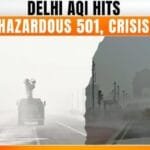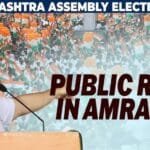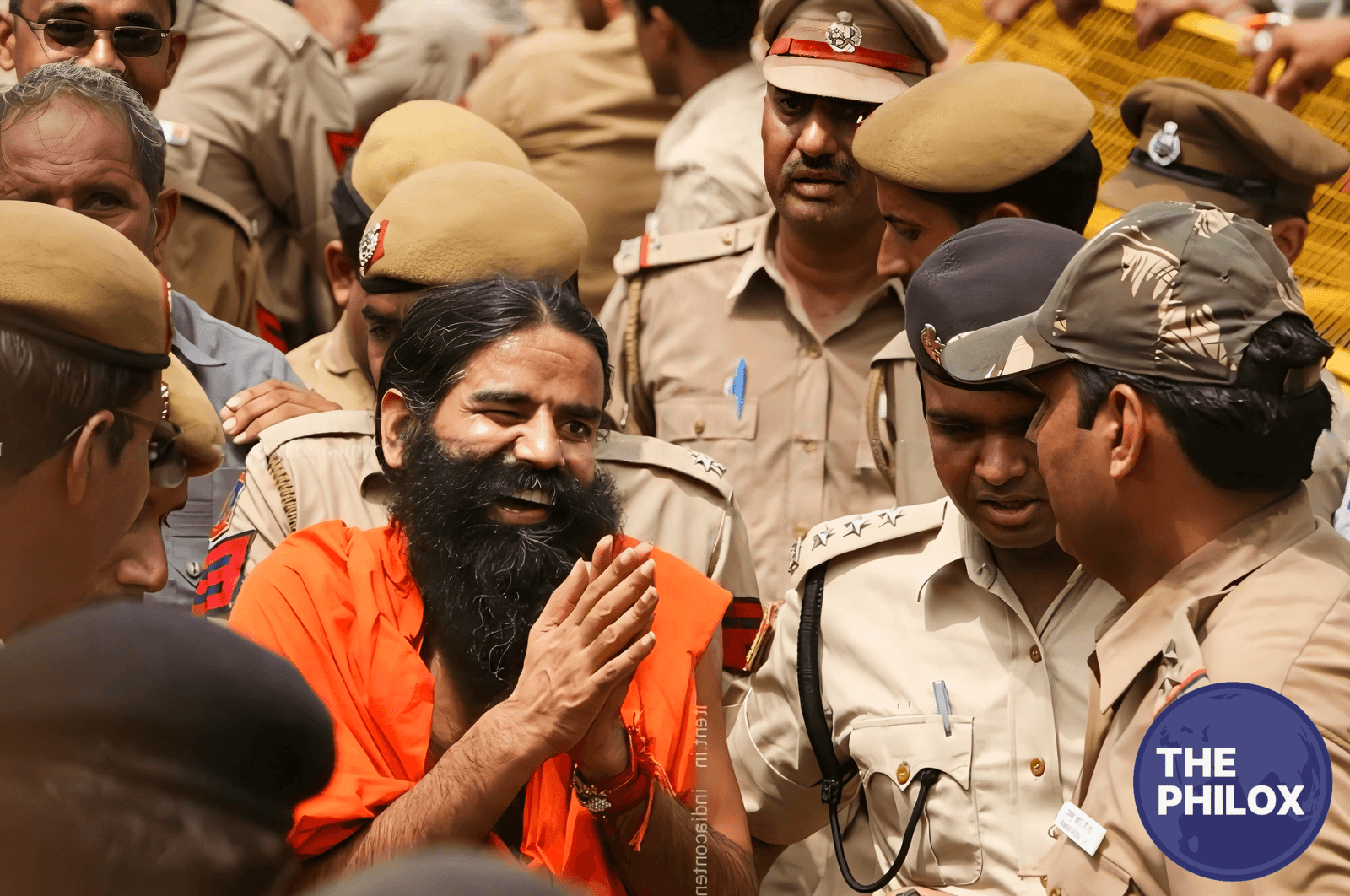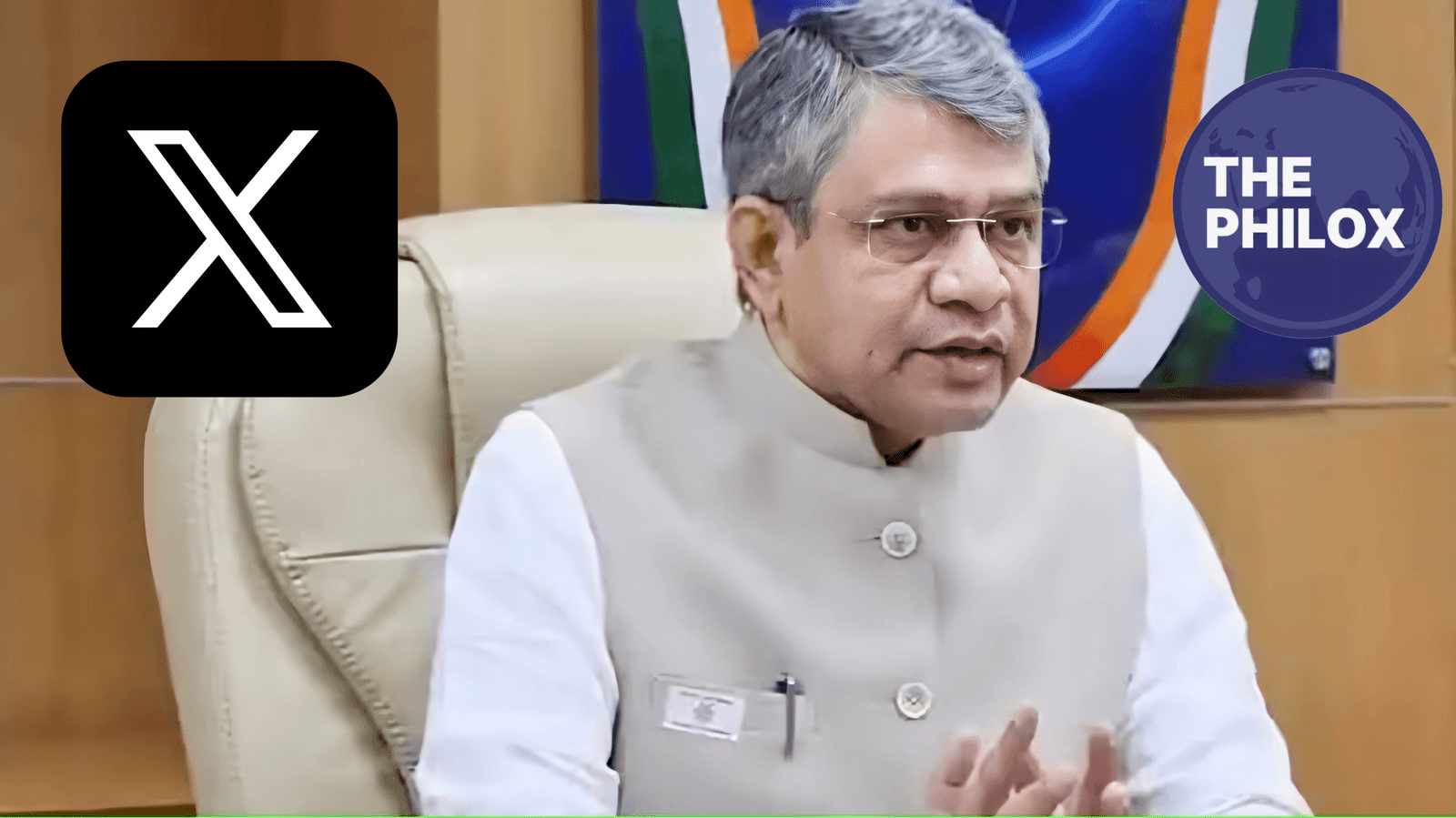Delhi, November 2024 – The pollution crisis in Delhi has mounted to danger levels, severely affecting the health infrastructure in the city and public safety at large. A thick layer of smog blankets the capital causing serious respiratory illnesses, a sharp rise in hospital admissions and a scarcity of essential asthma drugs.
Hospitals are overwhelmed.
According to local health experts, the number of patients admitted with respiratory problems such as asthma, bronchitis, and other lung diseases has more than doubled during recent weeks, and is particularly vulnerable to children and elderly patients. Doctors are witnessing acute respiratory conditions requiring intense care, while the emergency wards of hospitals across Delhi are at full capacity.
“We are finding it difficult to fit in all patients. Children are arriving with very severe respiratory distress, as well as other long-term patients,” said Dr. Anil Mehra, a pulmonologist at a leading hospital in Delhi.
Shortage of Essential Medicines Worsens Crisis
Pharmacies are finding it challenging to replace the items as suppliers are failing to keep up with this increased demand. Medical authorities have appealed to government authorities to intervene so that an uninterrupted supply of these medications becomes possible, fearing this shortage may expose very sick patients to complications from their respiratory illness.
Road Accidents Surge as Visibility Declines
This dense smog has worsened the chaos by reducing visibility to hazardous levels and has contributed significantly to a sharp rise in road accidents throughout the city. Reportedly, the foggy conditions in early mornings and evenings have caused many minor and major accidents, adding pressure on already strained emergency services which are trying to cope with the health crisis.
Delhi traffic police has appealed to the drivers to be doubly careful and restrict all non-essential travels. Yet, such appeals notwithstanding, the frequent road mishaps continue to crop up, piling pressure on already over-burdened hospitals.
Citizen reactions and government response
Delhi residents portrayed growing frustration and anxiety over the pollution crisis in the city. Social media was used by many to call upon the government to take immediate steps to further enforce controls on pollution and bring in more oxygen as there was a severe shortage of resuscitative medicines for the respiratory system.
While the government has rolled out some measures-be it short-term curbs on construction works and measures to control vehicular emissions-the public feels all these measures are inadequate to bring down the pollution levels.
“We pay for this daily basis in terms of health and safety. The government needs to take tougher steps to protect citizens,” said a social media post by a resident of Delhi.
What Needs to Be Done?
Public health experts outlined the immediate steps of action needed in responding to the crisis of pollution and its consequences on health:
Medical Aid & Supplies. The government should seek to provide a supply and distribution plan of basic medicines for the respiratory tract and related equipments in all pharmacies and medical centers.
Public awareness: An extensive public education program on precautionary measures for self-protection from respiratory diseases is urgently required, like air purifiers and masks.
Strict Control of Pollution: Vehicle restrictions and control of industrial emissions would result in lesser pollution in the city.
Short-Term Remote Work Policies: Remote working can benefit the city with fewer commuters and, hence pollution.
Conclusion
Delhi pollution situation has crossed all limits of health and safety. Hospitals are in a crunch, and the scarcity of life-saving drugs has further worsened the problem, pain, and suffering of patients and their kith and kin. Road accidents owing to bad visibility further fuel the present emergency situation.
Hence, urgent attention needs to be undertaken not only to alleviate the present pressure on hospitals but also to save its citizens from long-term health damage. The government and the citizens should team up to ensure this is a better and safer future for all of them.









